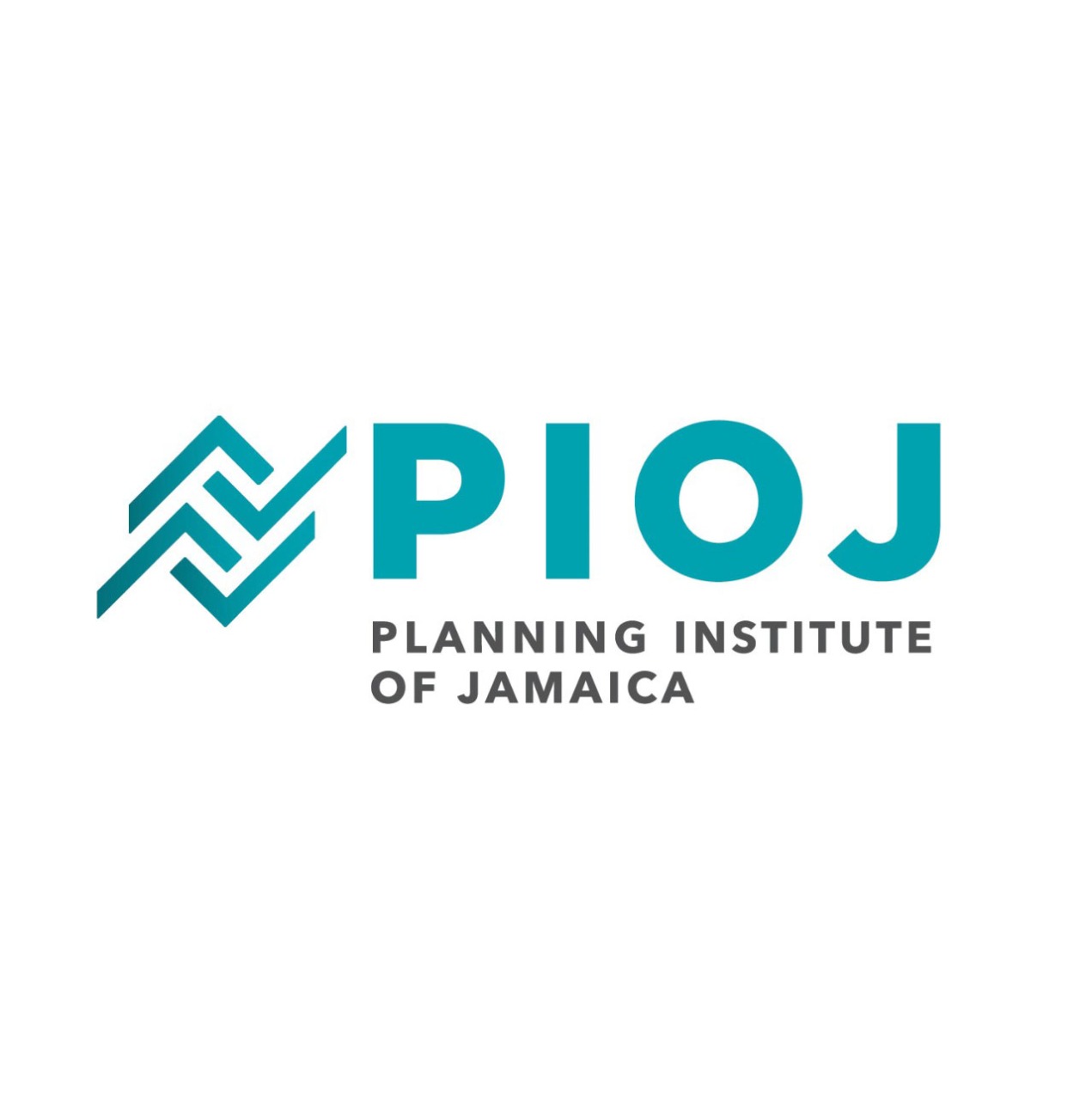Field Officers To Be Trained For MICS
By: , March 22, 2022The Full Story
Over the next three weeks, 80 field officers will be trained in preparation for the implementation of Jamaica’s fourth Multiple Indicator Cluster Survey (MICS), between April and June 2022.
MICS is a global household survey designed and supported by the United Nations Children’s Fund (UNICEF) to collect data on key indicators that are used to assess and enhance the welfare of children and women.
The 2022 implementation in Jamaica is being undertaken in partnership with the Government of Jamaica through the Planning Institute of Jamaica (PIOJ), with support from the Statistical Institute of Jamaica (STATIN), and the Inter-American Development Bank (IDB).
Field workers will serve as interviewers and are slated to visit approximately 8,000 households islandwide during the survey period following their training.
The data collected will serve to inform programme and policy implementation, among other critical interventions, where necessary.
The engagement was formally launched during a semi-virtual ceremony on Monday (March 21).
UNICEF Representative in Jamaica, Mariko Kagoshima, indicated that the current MICS round has been redesigned to respond to data need on 33 sustainable development goal indicators and a range of other areas, including education, health, nutrition, and protection.
She further pointed out that this year’s survey will cover 26 of these indicators for Jamaica.
Ms. Kagoshima, in underscoring the importance of the MICS in Jamaica, cited it as “very unique” as “it is the only survey of its kind that provides official data on child protection and early-childhood education”.
This, she noted, includes data on functional learning among children aged seven to 14, which, she said, “will be timely as we seek to recover from the learning loss caused by the impact of the COVID-19 pandemic”
Additionally, the UNICEF Representative said MICS will, for the first time, provide critical data on children with disabilities.
“We expect the survey results will be ready by early 2023. This will help UNICEF and other partners, including the Government of Jamaica and key stakeholders, to monitor progress in key areas of children’s development and to assess where children and their families are most vulnerable. [This], so that we can help to prioritise and plan relevant resources and programmes to address these challenges in the coming years,” Ms. Kagoshima pointed out.
Against this background, she emphasised the importance of the field workers’ role in undertaking data collection, noting that this is “one of the most critical aspects of the MICS process”.
“Without accurate data, we cannot make sound plans that will guide Jamaica’s further development. We, therefore, encourage you to devote yourselves to the task assigned. The quality of the evidence generated greatly depends on your commitment to learning the MICS and how to administer them accurately,” Ms. Kagoshima added, while thanking them for participating.
Noting that the survey was previously conducted in Jamaica in 2000, 2005 and 2011, Ms. Kagoshima said UNICEF is “very excited that this fourth round will fill an urgent need to collect new and hugely important data for the country”.
In his remarks, Senior Director for the PIOJ’s Social Policy Planning and Research Division, Easton Williams, noted that children living in deprived conditions are exposed to factors that can adversely affect their quality of life over the long-term.
“It is, therefore, imperative that as we strive towards developed country status, that we continuously assess the situation of children as a development imperative,” he said, adding that MICS is a “valuable tool” in this regard.
Mr. Williams also emphasised that the work of the field officers would be critical, adding that “we will rely on you to [accurately] represent what households tell you, so that our policies and programmes will be guided by the best quality data”.
He said the Government of Jamaica “is pleased to collaborate with UNICEF [in] promoting the welfare of women and children”.
Chief of Operations at the IDB’s Jamaica Country Office, Lorenzo Escondeur, said consequent on the “massive” economic and learning loss resulting from the pandemic, “we must know the current situation as it relates to Jamaican women and children”.
“Women deserve to get the support they need to help them manage their day-to-day responsibilities, care for their families and where they own businesses, to help them better manage and scale. This survey will be crucial to help point the way forward,” he said.
Mr. Escondeur said the IDB is “very proud to [be] supporting Jamaica, by partnering with UNICEF and PIOJ on this very important initiative”.





